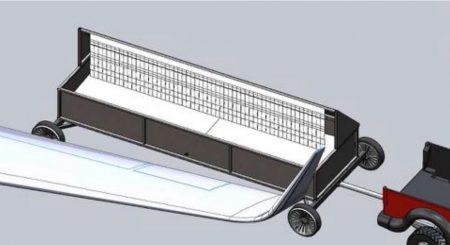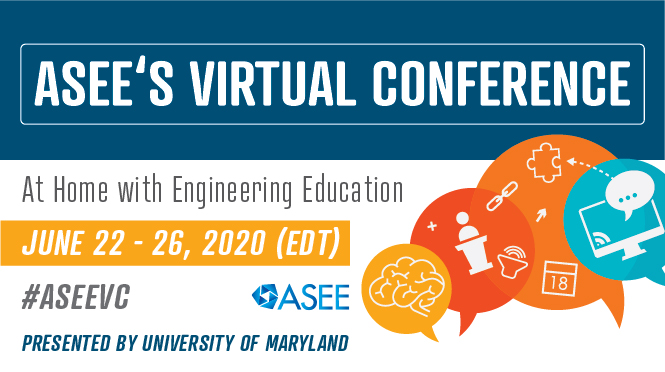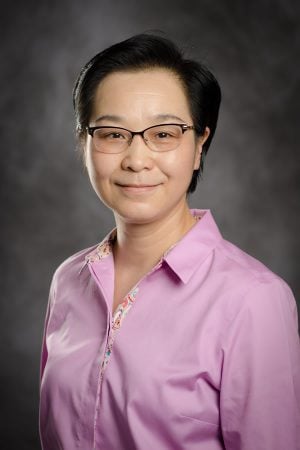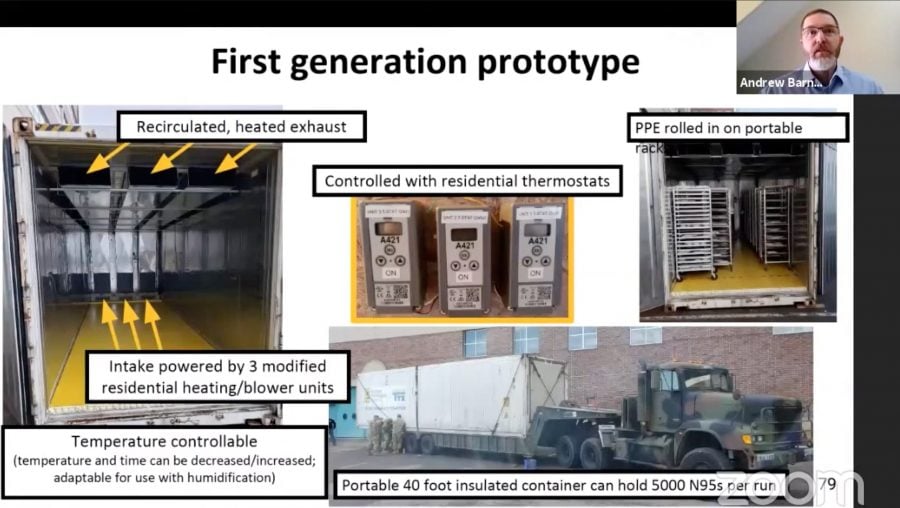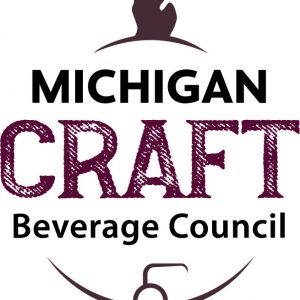Peters, Stabenow Applaud $4.5 Million Federal Funding to Help Advance MTU Automated Vehicle Research

Michigan’s U.S. Senators Gary Peters and Debbie Stabenow welcomed $4,498,650 in federal funding awarded to Michigan Tech for self-driving vehicle research and development on March 10, 2021. The funding—awarded through the Department of Energy—will support ongoing projects to enhance connected and automated vehicle technologies that improve driver safety by eliminating risk found in human error.
Led by the University and in partnership with General Motors (GM), the American Center of Mobility and Stellantis, this research aims to identify additional opportunities for fuel savings and EV range optimization by creating more intelligently operating vehicles.
“Michigan continues to be a global leader in developing self-driving vehicle technology, thanks in part to work being done at distinguished institutions like Michigan Tech,” said Senator Peters, Chairman of the Commerce Subcommittee on Surface Transportation, Maritime, Freight, and Ports. “This investment will spur future innovation and development surrounding mobility as we work to usher self-driving cars safely onto our roadways while ensuring Michigan remains on the forefront of automated transportation.”
“Michigan workers, manufacturers and universities are the best in the world and continue to lead the development of next-generation vehicles. Michigan Tech is one of those institutions leading the way in creating longer-range electric and autonomous vehicles, improving safety and making our cars more energy efficient. This investment will ensure Michigan remains a global leader,” said Senator Stabenow.
The project is led by Jeffrey Naber, the Ron and Elaine Starr Professor in Energy Systems, in Michigan Tech’s Mechanical Engineering-Engineering Mechanics Department and the director of the Advanced Power Systems Research Center.
“We are proud to continue our support of advancing autonomous and connected vehicle technologies through collaborative research with industry and the Department of Energy,” said David Reed, Vice President of Research, Michigan Technological University. “This program builds upon our strengths in power systems, controls, and systems engineering to improve driver safety for all.”
More information on the Department of Energy Grant program can be found at ARPA-E Funding Opportunity Exchange and Department of Energy Funding & Financing.
